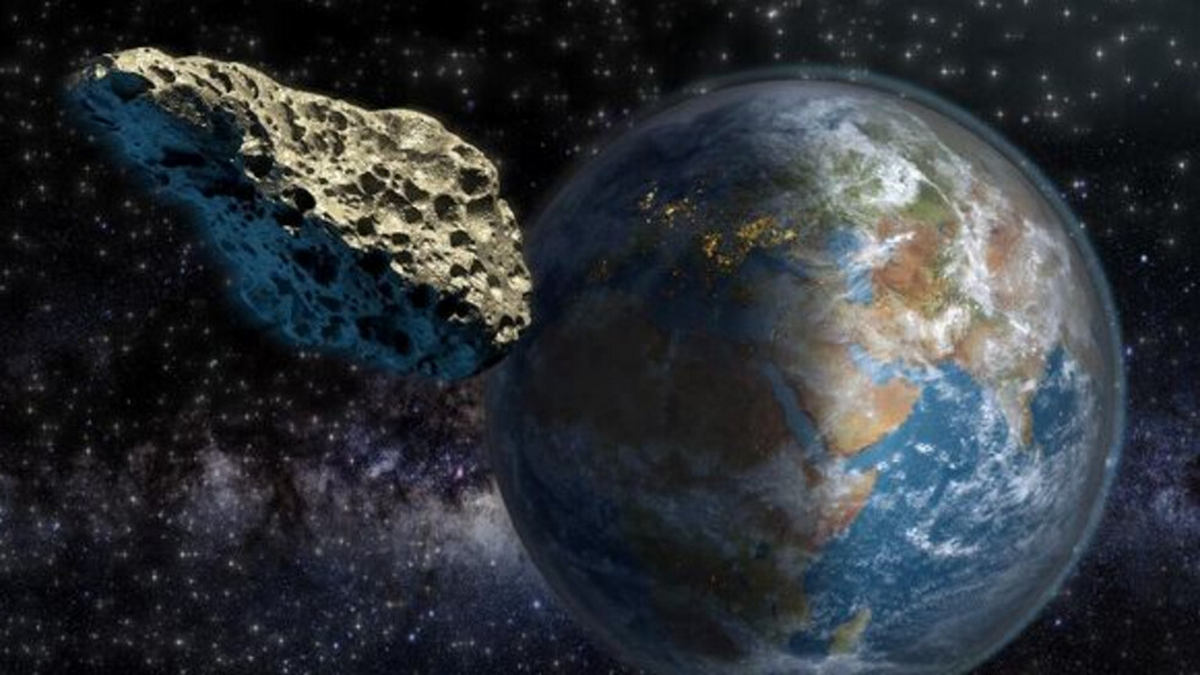The good news is that scientists have more reliable information about the location of the asteroid Bennu in the next 200 years. The bad news is that the probability of a space rock colliding with Earth is slightly higher than previously thought, according to the Associated Press.
However, there is no cause for concern: scientists report that Bennu’s chances of impressing us in the next century remain quite low.
“We shouldn’t worry too much about this,” said lead author David Farnokia of NASA’s Center for Earth Object Research.
NASA raises odds of asteroid Bennu slamming into Earth over the next 100 years https://t.co/EZW7EYjCKk
— Daily Mail US (@DailyMail) August 12, 2021
The probability of a collision may have increased from 1 in 2700 to 1 in 1750 in the next century or two, but according to Farnokia, scientists now have a much better idea of Bennu ‘s paths thanks to the OSIRIS probe. REX NASA. “In general, I think the situation has improved,” the scientist told reporters.
NASA Spacecraft Provides Insight into Asteroid Bennu’s Future Orbit https://t.co/J4hfwBDn40 #ASDNews #defense #aerospace pic.twitter.com/S4cmkd7EVs
— ASDNews.com (@ASDNewscom) August 12, 2021
The OSIRIS-REX spacecraft completed its mission in May and returned to Earth with samples from the asteroid Bennu . His journey with a valuable cargo will last two years.
Before OSIRIS-REX arrived in Bennu in 2018, telescopes provided reliable information about an asteroid with a diameter of about half a kilometer. In two and a half years, NASA has collected enough data to help scientists better predict the asteroid’s orbital path in the future.
Asteroid Bennu, the destination of our #OSIRISREx mission, is classified as a hazardous near-Earth asteroid. Data gained from the spacecraft’s visit to Bennu has significantly improved models of its trajectory through the year 2135. https://t.co/4hp3T3eBVa #ToBennuAndBack pic.twitter.com/lMTbT3wBu4
— NASA Solar System (@NASASolarSystem) August 11, 2021
Their findings, published in the journal Icarus, should also help map the course of other asteroids and give Earth a better chance of resisting if we are hit by another dangerous space rock.
Earth’s gravity could change the asteroid’s future trajectory and put it on a collision with our planet in about 200 years, which now seems less likely based on OSIRIS-REX observations.
NASA Prediksi Waktu Asteroid Bennu Hantam Bumi https://t.co/d5IpghnoEP
— Wilem Oki (@oki_wilem) August 12, 2021
If Bennu really hits Earth, the collision will not destroy life, as in the case of dinosaurs, but rather create a crater about 10-20 times larger than an asteroid, said Lindley Johnson, planetary protection specialist at NASA. The area of destruction would be much larger – up to 100 times the crater.
Bennu was discovered in 1999. Early detection of threatening asteroids increases the chances and opportunities to push them out of our way, Johnson adds. “Who knows what the technology will be like in a hundred years?” he says.

